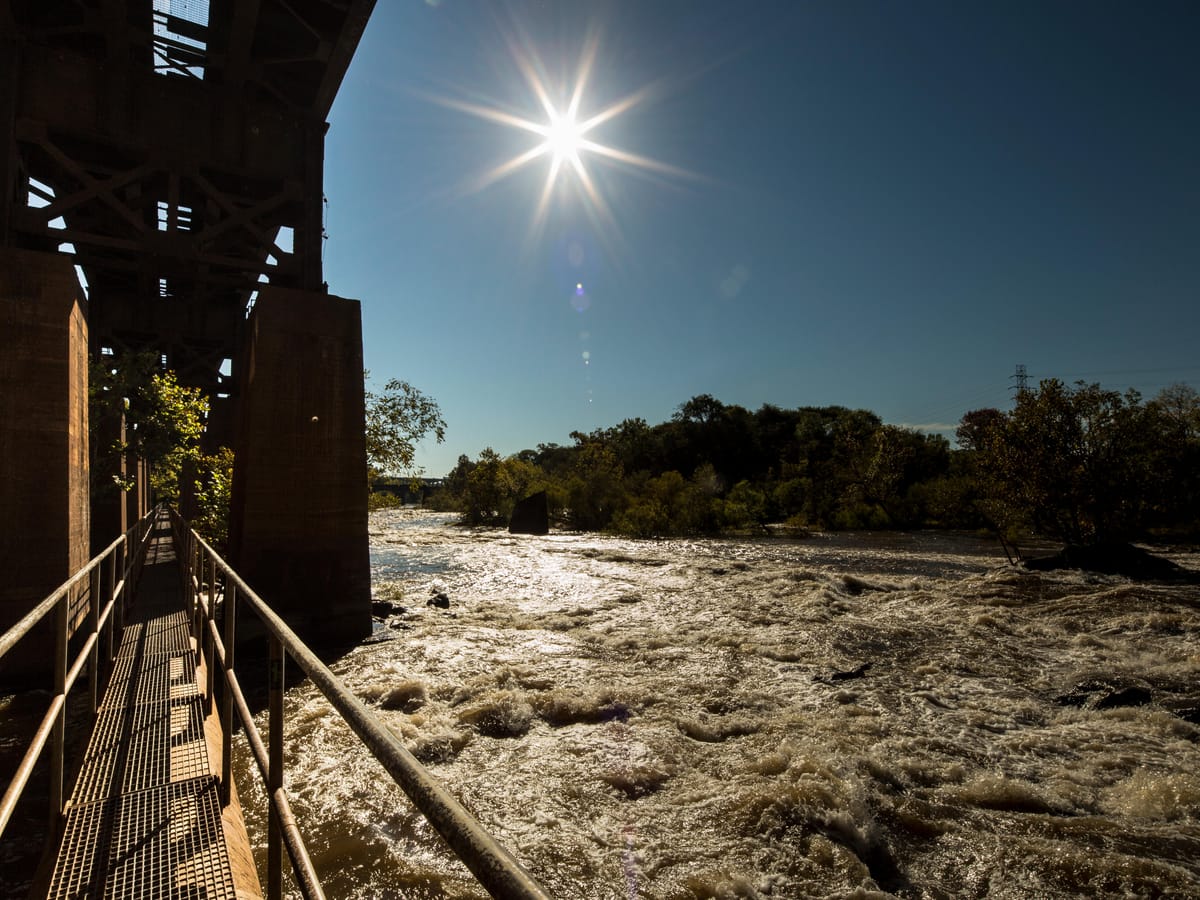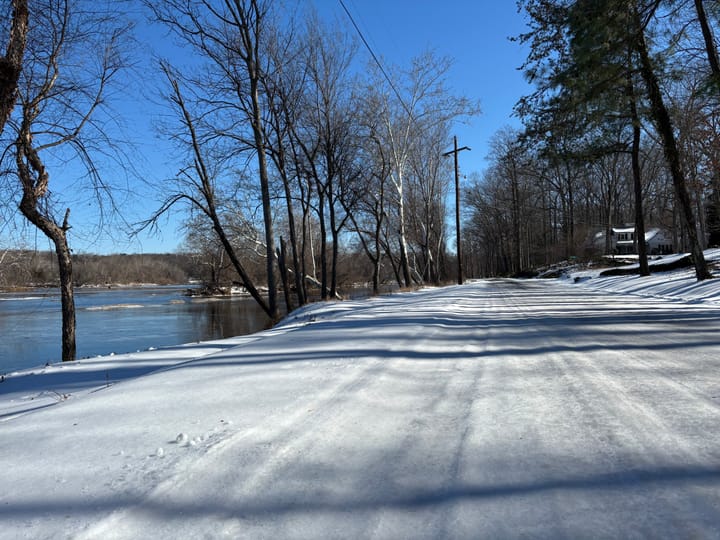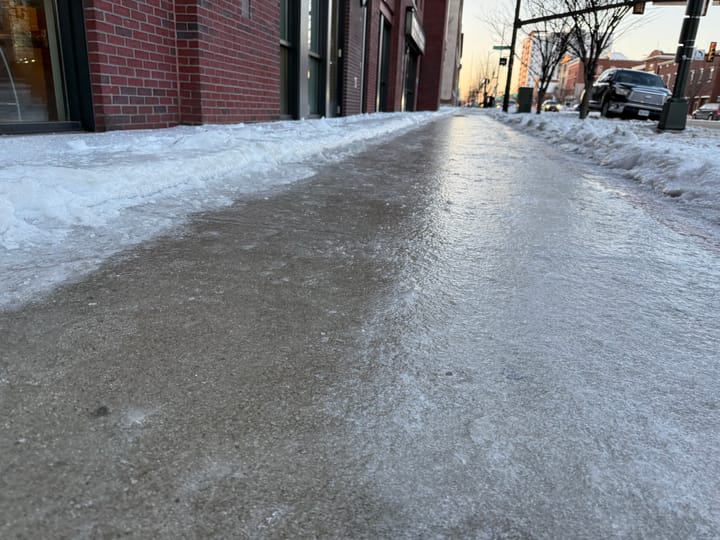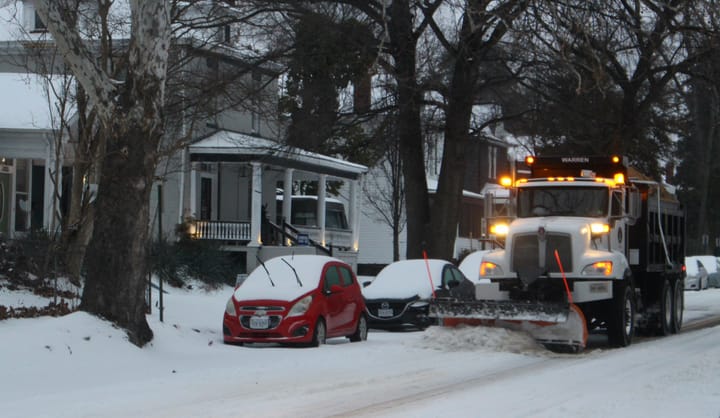
How long will Richmond's heat wave last?
The hottest days of the year, at least so far, have arrived in Richmond. The crest of the heat continues through Wednesday, then a slight easing is ahead for the end of the week and the weekend.
But even then, it certainly will not be cool.
Getting to 100 degrees is not common in Richmond. It did not happen at all during the 1960s. In fact, over the past century it happens — on average — once a year.
But it happened 10 times in 2010, with seven of those days coming in July when some of our most intense heat waves begin. Dialing back a bit, the longest consecutive stretch of days of at least 90 degrees came in 1995, with 27 days between July 11 and August 6.
More specifically to June, the most consecutive days of at least 90 degrees within the month is 13, happening twice in 1943 and 2008.
It’s not the heat that’s so bad…
Worse, the humidity is back this month. We had gotten spoiled recently, as the three previous Junes have been near or less humid than average. However, this month has swung dramatically back in the other direction. Although there are several days to go, this June will likely finish as one of the five most humid since regular measurements of humidity began in 1943.
From the climate aspect, June is unquestionably getting warmer. Using a 30-year rolling average, June is now about 2 degrees warmer than a century ago, with a monthly temperature now averaging 75.5 degrees.
That trend is also seen during summers as a whole, which have warmed 2.7 degrees since 1970.
So far this month, the average temperature is 76.2 degrees, which already puts us among the 20 warmest Junes on record. Temperatures will be warmer than normal for the rest of the month, meaning we will probably finish in the top 10.
Nonetheless, it is doubtful we get into the record territory from 2010 — the only year that the average June temperature was above 80 degrees (81.1).
More specifically regarding climate change and heat waves, there is not much surprise. As the climate warms, heat waves become more likely, tend to be more intense, and last longer. Days that were once in the middle 90s are now in the upper 90s, and 100-degree days will become more common in the second half of this century.
Heat Illness
As the heat rages on, remember the basics about staying cool. Stay out of direct sun, drink plenty of water, take breaks, check on neighbors, and use air conditioning if you can.
Not to be lost in this discussion are the symptoms of heat related illness. Even if you are in good physical shape, the body will overheat in high heat and humidity.
And the impacts can sneak up on you in a hurry.
Heat exhaustion is the first sign. Nausea, dizziness, and weakness accompany the sweating, and getting into a cooler environment is critical to prevent the onset of heat stroke. Those symptoms include disorientation or confusion with a potential loss of consciousness. It is a truly life-threatening situation, and it is critical to move the person affected to a cooler area and call 911 for advanced first aid to cool the body down rapidly.
When does it stop?
Even though the heat peaks on Wednesday, afternoons will be in the 90s for the rest of the month. The chances for a cooling afternoon shower or thunderstorm slowly increase on Wednesday, with better chances Thursday and into the weekend.
A more significant break in the heat appears headed into Virginia on Tuesday or Wednesday of next week, meaning afternoons will be in the upper 80s again, and there will also be an easing of humidity.
But in July, the average high temperature is in the upper 80s, so we should all plan to settle in for a hot Richmond summer.






